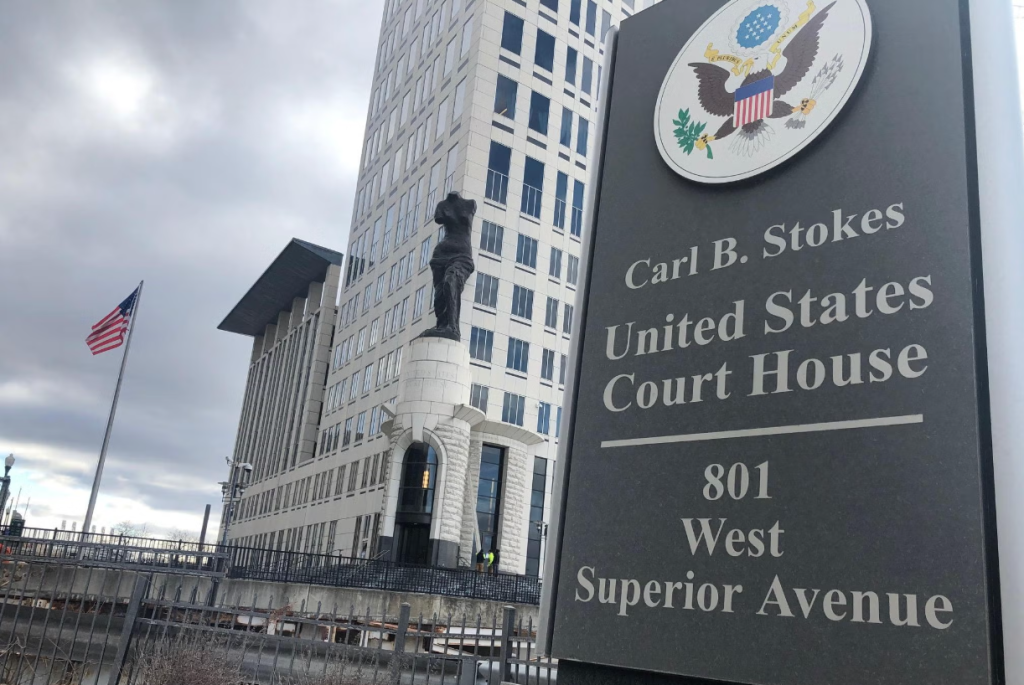As part of ongoing efforts to streamline the federal government, the Trump Administration has dismissed more than a dozen federal immigration judges, including one based in Cleveland. This decision arrives amid a growing crisis in immigration courts, where the backlog of cases has now surpassed 3 million.

Brian Hoffman, an immigration attorney, typically provides his clients with a clear timeline for when their cases will be heard. However, recent developments have made that impossible. “You really can’t even give your client a reasonable expectation, because you could get a 2027 date that ends up just being a parking lot date that will later be changed,” Hoffman explained.
Several of Hoffman’s clients were scheduled to appear before an immigration judge who is no longer part of the federal workforce. “This is a case that was on Judge Nemer’s docket; we thought we had a hearing date for 2027, but now there’s no future date that appears,” Hoffman said, displaying the empty docket to reporters.
Judge Tania Nemer, who had been appointed as a federal immigration judge in Cleveland in December 2023, was reportedly among those laid off during federal workforce reductions on February 5. Nemer, a Hudson resident, was still in her probationary period. On the Department of Justice’s website on the date of the layoffs, she was listed as one of 13 immigration judges in Cleveland, but by the following week, her name had been removed.
“It was heartbreaking to think that a judge who is doing her best to deal with this enormous backlog and has been tackling cases one after another is all of a sudden let go,” Hoffman said, reflecting on Nemer’s dismissal. These cuts come as the Congressional Research Service reports an escalating immigration case backlog, now standing at 3.6 million cases, encompassing asylum seekers, bond hearings, status adjustments, and more.
Senator Bernie Moreno, when asked about the layoffs, argued that the solution does not lie in hiring more judges but rather in accelerating the review process. “Expedited review of actual asylum seekers, but those people have to come through a legal port of entry, can’t cross illegally, and have to stay in their home country before their case is adjudicated. I think that will dramatically reduce by like 80-90%, 95% of the caseload, so we don’t have to go out and hire a bunch of more judges,” Moreno said.
For Hoffman and other immigration attorneys, the impact of the layoffs is deeply concerning. “It does not make any sense to me to be eliminating adjudicator positions when we have this enormous and growing backlog,” he remarked, highlighting the mismatch between staffing cuts and the expanding caseload.
The uncertainty is increasingly affecting clients and their attorneys alike. “I have a family right now from Guatemala with what I would say is a winning asylum claim. They were supposed to go to trial in 2027 before Judge Nemer. And I now have no idea when that case will go to trial, who it will be scheduled in front of, and what the state of the law will be when we get to that date,” Hoffman said. The growing unpredictability adds another layer of difficulty for those already caught in the maze of the immigration system.
